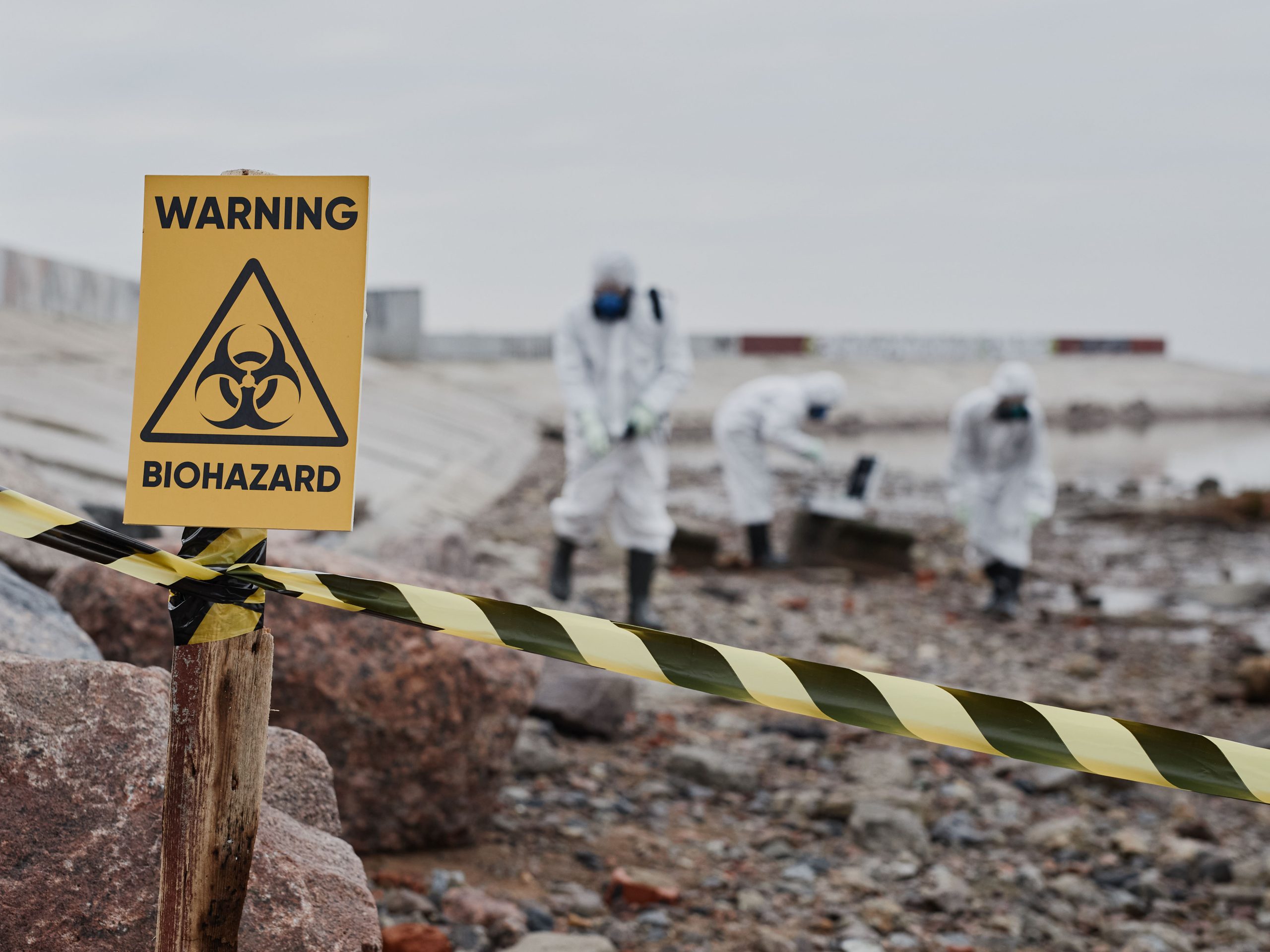How did the Camp Lejeune Water Contamination Happen?
According to the Agency for Toxic Substances and Disease Registry (ATSDR), trichloroethylene, tetrachloroethylene, vinyl chloride and benzene, which are all known volatile organic compounds (VOCs),…
Who can File a Camp Lejeune Claim?
Any person who lived or worked at Camp Lejeune for at least 30 days between August 1, 1953 and December 31, 1987, and has suffered…
What Documents are Needed to File a Camp Lejeune Water Contamination Lawsuit?
The Camp Lejeune Justice Act requires plaintiffs to submit an administrative claim prior to filing their case in the Eastern District of North Carolina. In…

About Camp Lejeune Water Contamination
U.S. Veterans, their family members or others may have been exposed to contaminated drinking water at Camp Lejeune, North Carolina between 1953 and 1987, and developed cancer or serious health effects years later. The Veterans Administration may have denied claims for illness or disability, but a new law known as the Camp Lejeune Justice Act of 2022, may allow them compensation.
Symptoms of Illness Due to
Camp Lejeune Water Contamination
People who may be affected by the Act include those who were exposed to contaminated water at Camp Lejeune and developed:

Water Contamination Testing
at Camp Lejeune
Routine water testing in 1982, found that some drinking water sources at Marine Base Camp Lejeune were contaminated with cancer-causing chemicals. Water testing at Tarawa Terrace Treatment Plant and Hadnot Point Treatment Plant, both of which supplied homes and buildings at Camp Lejeune found benzene, trichloroethylene (TCE), tetrachloroethylene or perchloroethylene (PCE) and vinyl chloride (VC). In some cases, the presence of the harmful chemicals was up to 300 times acceptable levels. According to the Agency for Toxic Substances and Disease Registry (ATSDR), multiple contamination sources were identified and included leaking underground storage tanks and waste disposal sites. The most contaminated wells were closed in 1985.
Health Effects of Camp Lejeune
Water Contamination Chemicals
Several health conditions have been linked to exposure to benzene, PCE, TCE and VC including cancer, neurologic effects, birth defects and other serious conditions. Though some people may not demonstrate toxic effects, others may be affected immediately or have illnesses that take years to develop.
The effects of exposure to the chemicals found at Camp Lejeune may depend on:
Camp Lejeune Justice Act of 2022
The Camp Lejeune Justice Act of 2022 is a bipartisan bill co-sponsored by five Democrats and four Republicans that will ensure that people who were harmed after exposure to toxic water at Camp Lejeune, receive just compensation. The bill has been rolled into a larger Honoring our PACT Act of 2022 which permits injured veterans and families to pursue justice for a variety of harms caused by toxic conditions.
The bill has passed the U.S. House of Representatives and is expected to receive Senate approval and be signed into law. It will permit those who were exposed for at least 30 days to Camp Lejeune drinking water between August 1, 1953, and December 31, 1987, to file a claim in U.S. District Court for the Eastern District of North Carolina.
The new law would override previous barriers to compensation for many military members and their families who had been barred from seeking justice. It will also override North Carolina limitations and re-open the time window for filing a claim for two years after the bill is passed into law.
If you or a family member were stationed, lived, or worked at Camp Lejeune and were diagnosed with cancer, or another illness caused by contaminated water, you may be eligible for compensation, even if your claim was denied by the Veterans Administration.
